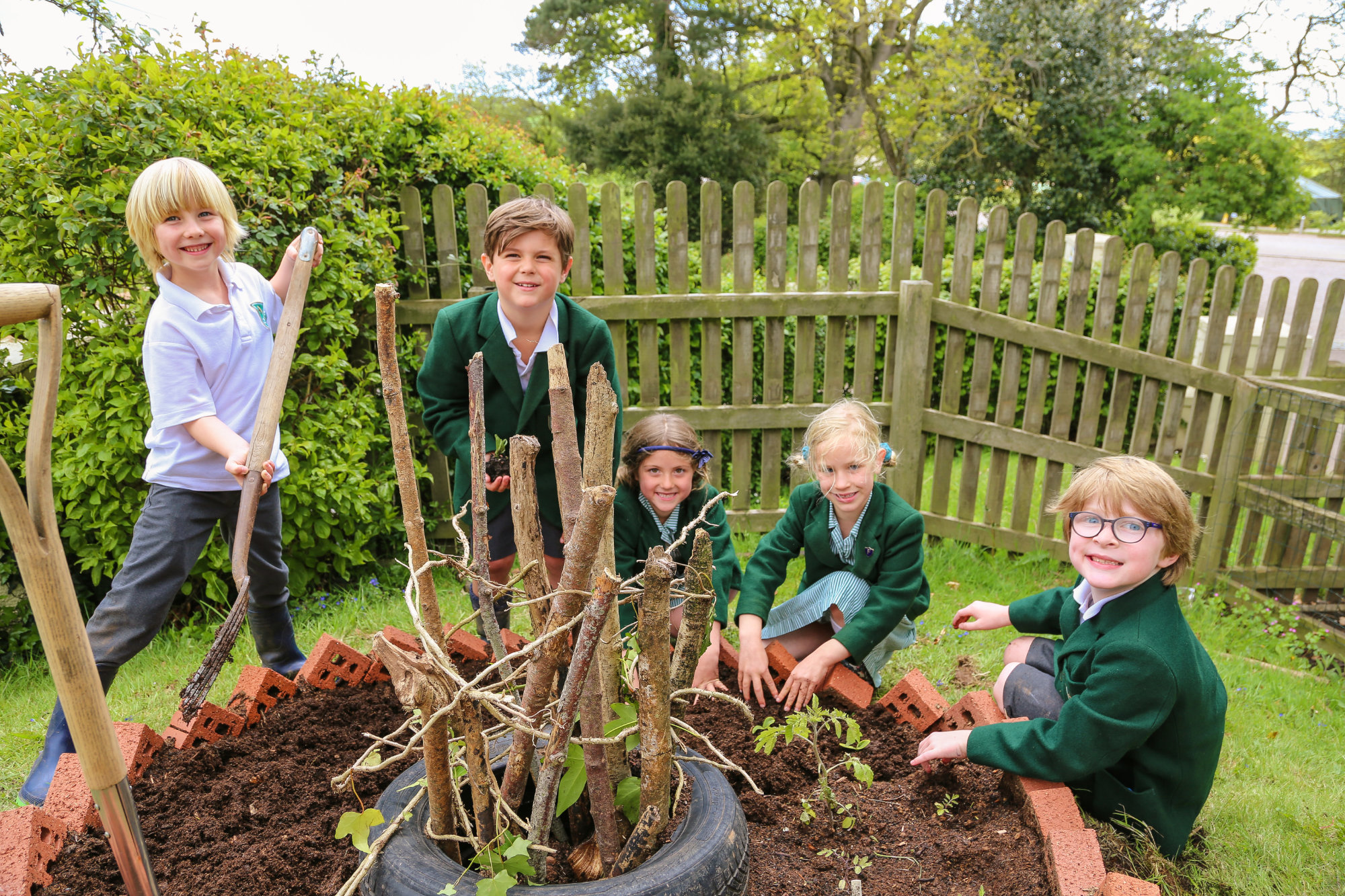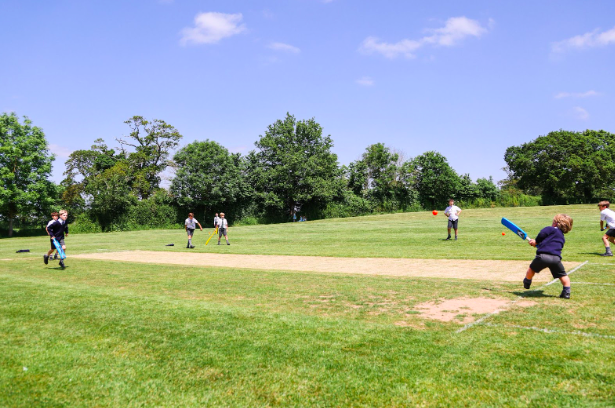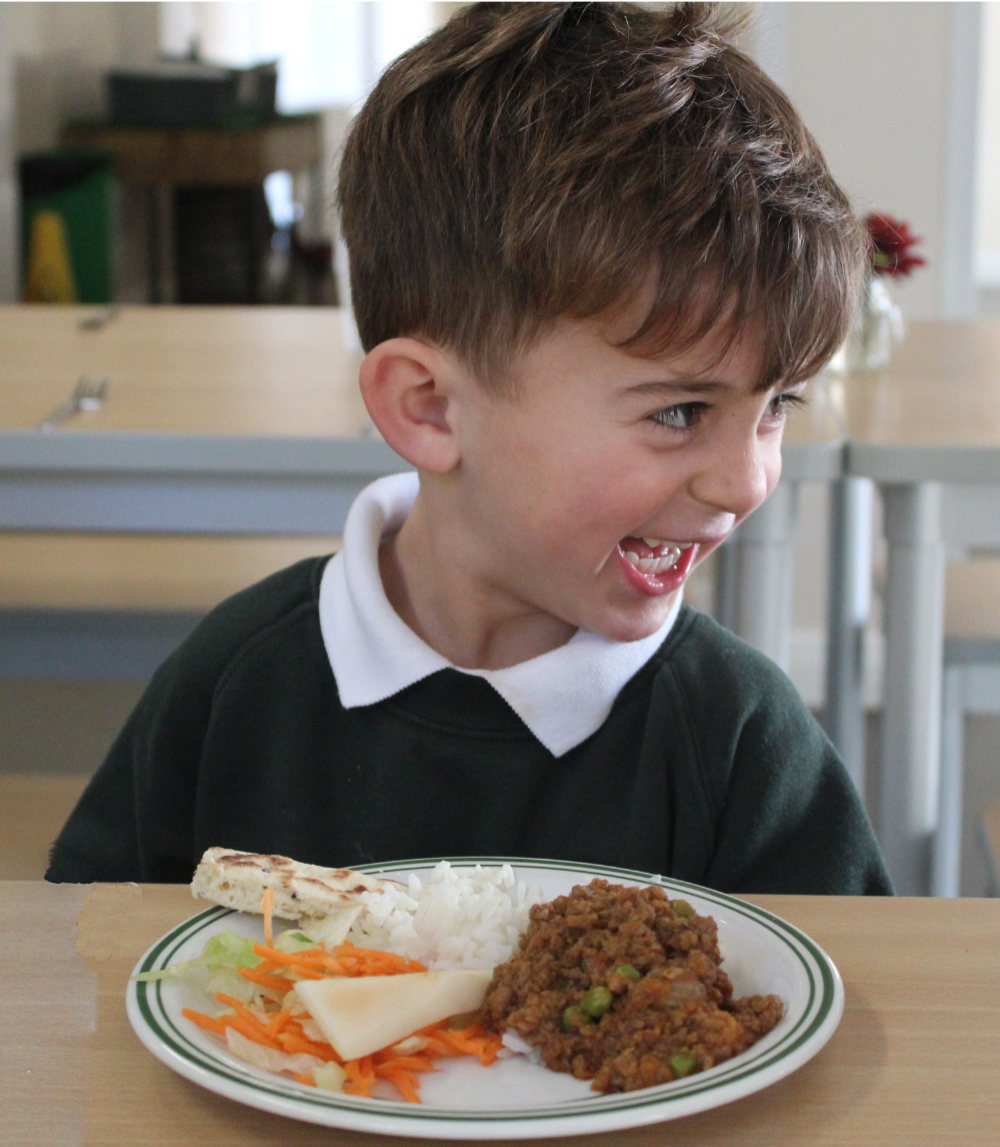Friendships. They aren’t something that can be forced, but they are something that can be gently encouraged, and classrooms can make the perfect setting to do this.
Why are friendships important?
Friendships are important to have at all ages but making and maintaining friendships in your formative years can shape how you see friendships later in life, how social you become and can help manage expectations from other people.
When children are allowed to play freely with others, it helps them develop their imagination and also creates childhood memories.
Experiences with friendship at a younger age also helps children to deal with conflict and diversity, and also understand what a ‘healthy friendship’ looks like, such as people being supportive and trustworthy to each other.
Studies have shown that children with no friends are more emotionally distressed and achieve lower grades in school. It is also known that children involved in friendship with other children can help improve their self-esteem, by receiving positive feedback and validation from their peers.
Friendships between children also allow a space to talk about hopes, fears and dreams, which can help prevent isolation and feeling alone.

What should children look for in friendships?
A group of children were asked what their chosen ingredients would be if they were to make a ‘friendship soup’.
Their ingredients included two sticks of kindness, one gallon of goofiness, three cups of having fun, a tablespoon of respect, and one cup of trust.
All of these suggestions are fundamental to a healthy friendship and should be encouraged within one.
It’s a good idea to get children talking about what they think is involved in friendship and why, to give an insight into their expectations and outlook on life.
How can children make friendships?
From a psychological perspective, children’s friendships develop and grow matching their brain development and social competence. It is believed that there are five stages of social development that influence the reason children make friends and also how.
Ages three to seven years see children become involved in momentary friendships based on proximity to them, whereas four to nine-year-olds start to make one-way friendships with people who can help them. Six to twelve years of age see children engaging in conditional reciprocal friendships based on circumstance, and 11 to 15 years of age incorporate support into friendships. They can also achieve mutual closeness. 12 to adulthood usually means the child or person is able to respect the autonomy of each individual despite shared interests. These ages can overlap as the development of each child is different and they should be allowed to go at their own pace.
Methods of children making friendships will depend on their age and ability. Anything ranging from games to reading books, co-operating in activities or working together will help encourage friendships within the classroom.

How can parents encourage their children’s friendships?
Parents can play an important role in their children’s friendships through gentle reinforcement and participating in their extended school life.
Asking your children who they have met in school that day and encouraging them to say hi to that person the next day is a good way to actively encourage friendship within the classroom, without having to be in school. This could also include welcoming the friends over and getting to know the parents.
Reading books or watching TV shows with children about friendship can also be a useful tool and having a clear conversation with them about friendship and expectations could be helpful to them.

How can teachers encourage their children’s friendships?
Teachers are in an optimum position to facilitate a work-play balance between children. More importantly, they are able to create school work and learning in an interactive format, something that contains group work or co-operation, within the classroom. This will help children bond with each other and create an opening for budding friendships.
Role play has also been suggested to help provoke conversation about certain scenarios that might be challenging within a friendship. Examples of this would be “Someone in the playground is using the toy you would like to use and won’t take turns with you”. Using this as prompt would help children think about how they would feel and behave, and how they would like someone to treat them.
Children are all different, and a watchful eye on their behaviour and interactions with other children goes a long way, especially considering all have different backgrounds, skills and family life. The classroom is common ground for all children and, as long as the space is inviting and safe, it is an excellent place to encourage friendships.

Whether your child is returning for a new term at school or they’re new to St Peter’s Preparatory private school, Devon, friendship and social bonds are always encouraged.









